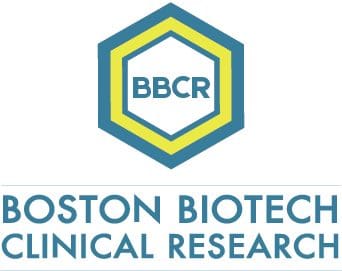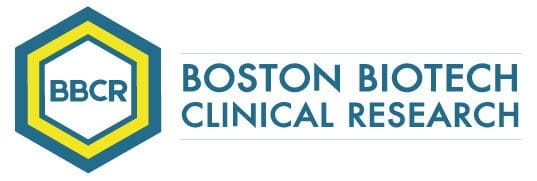The primary difference between a biomarker and a surrogate endpoint is that a biomarker is a “candidate” surrogate marker. In contrast, a surrogate marker is a test used and taken to measure the effects of a specific treatment.
In orphan diseases and precision medicine, developing a biomarker plan during translation into early clinical development moves treatment to market faster, and still meets the FDA’s expectations. Learn more about Biomarkers and Surrogate Endpoints on our website by clicking the button below.

Specializing in rare disease, Boston Biotech Clinical Research works with biotech, pharmaceutical, device companies and investors to streamline the clinical trial process. Our experienced team helps each client reach their specific goals by customizing a clinical and regulatory road map of simplified programs and streamlined protocols to meet our clients’ requirements.

